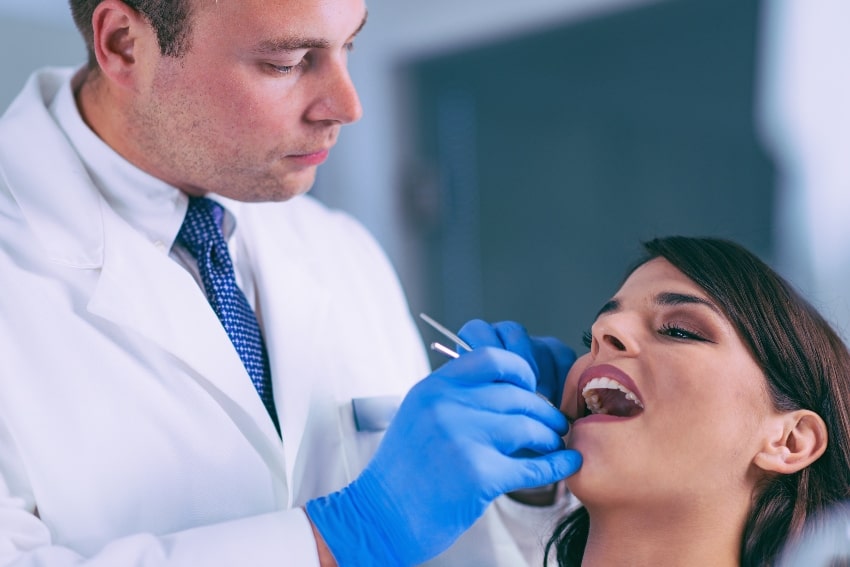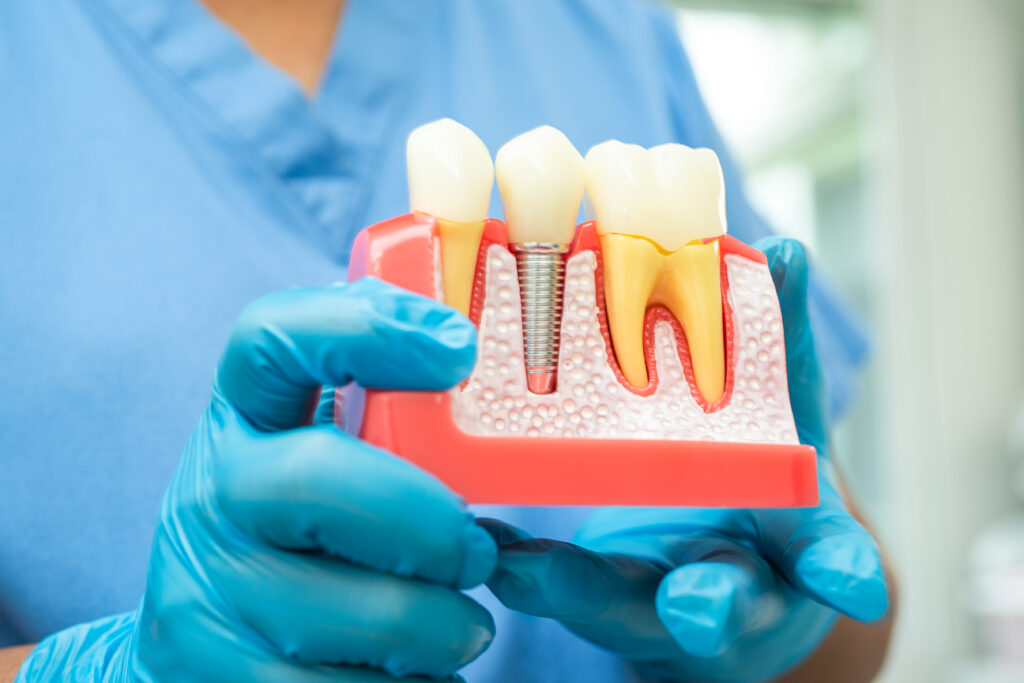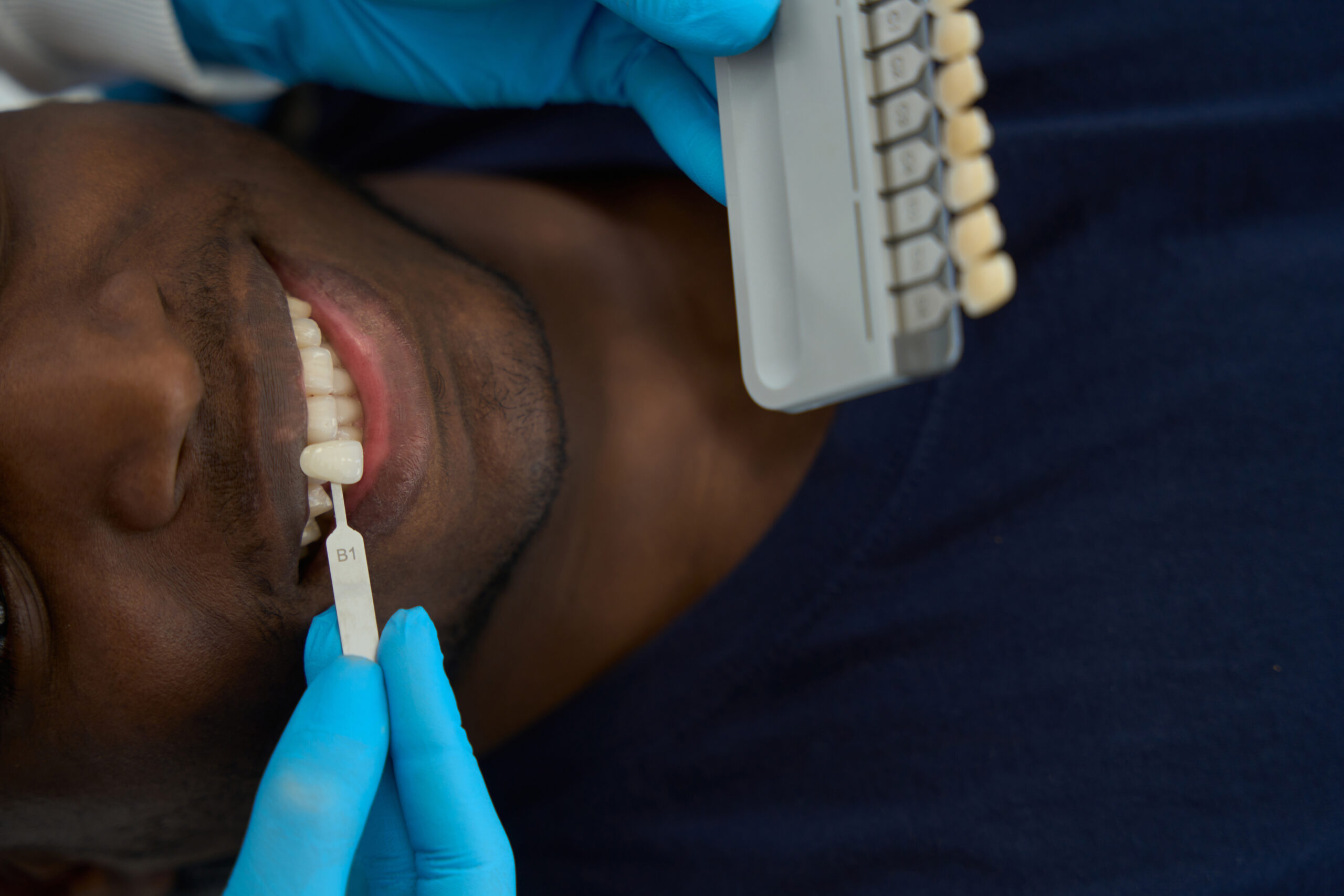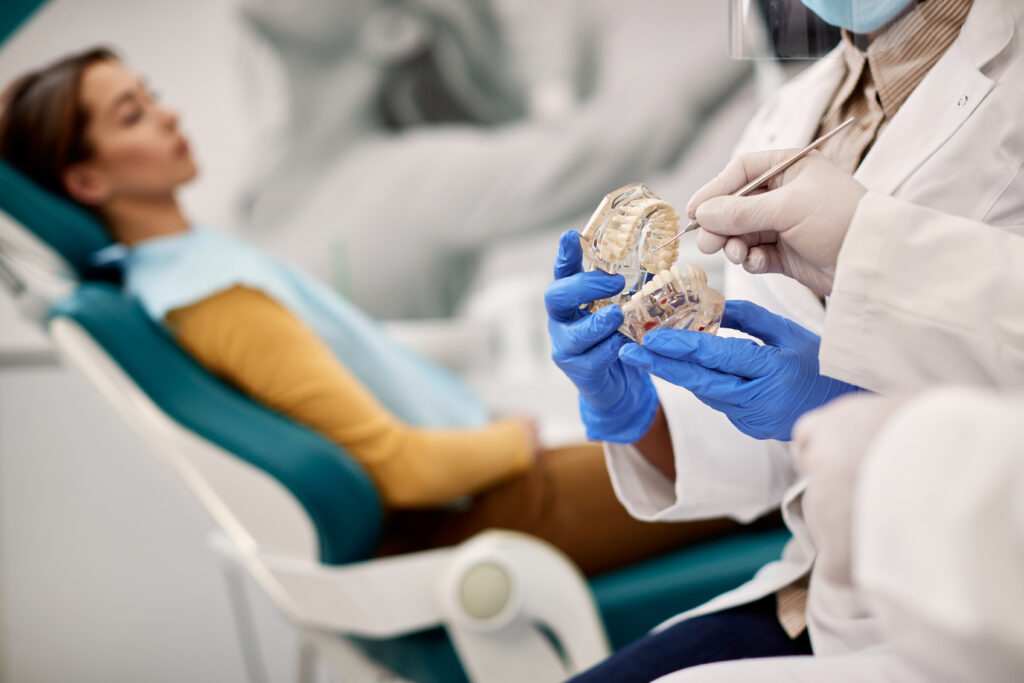
Anyone who’s suffered a chipped tooth, gum/tooth infection, a lost filling, or a similar dental situation knows how important it is to have a dentist that provides emergency dental services.
If you’re in need of emergency dentistry in Philadelphia, PA, look no further than Absolute Smile. We have time available for emergency dental visits, in which we will fix your dental emergency fast so you can get back to living your life.
When You Might Need Emergency Dental Services
Emergency dental services are most often needed in cases of dental trauma. If you experience any of the following dental problems, you should contact us right away so we can fix the issue:
- Damaged/cracked tooth if the damage causes pain or the nerve is exposed
- Loose/knocked out tooth
- Painful, throbbing toothache that radiates beyond the tooth (such as to the jaw and neck)
- Toothache with a fever/swollen lymph nodes in the neck
Urgent Situations That Could (But Not Always) Constitute a Dental Emergency
There are other situations where an emergency may or may not be necessary depending on the severity of the issue. These include
- Mild toothaches
- Lost crowns or fillings (unless they cause severe pain)
- Food stuck in teeth
- Broken retainer
- Snapped braces wire
- Minor tooth chip or damage that does not expose the nerve nor cause pain
Emergency Dentistry Using the Latest Techniques and Equipment
Absolute Smile provides a wide range of emergency dental services in Philadelphia, PA. We use the latest techniques and equipment to provides you the best emergency dental care. When you have a dental emergency, our team of professionals can quickly identify and fix the issue so you can be back to living your normal, pain-free life.
Preventing Future Dental Emergencies
To minimize the chance of a dental emergency, take great care of your mouth. Brush and floss regularly, minimize the consumption of sugary and acidic foods that can damage your teeth, avoid smoking or chewing tobacco, and see a dentist regularly.
If you have a dental emergency in Philadelphia, PA, call Absolute Smile right away so we can get your mouth back to good health. If you don’t have a dental emergency, but have urgent issues, schedule an appointment with us. We provide all of our new patients with a FREE consultation!







